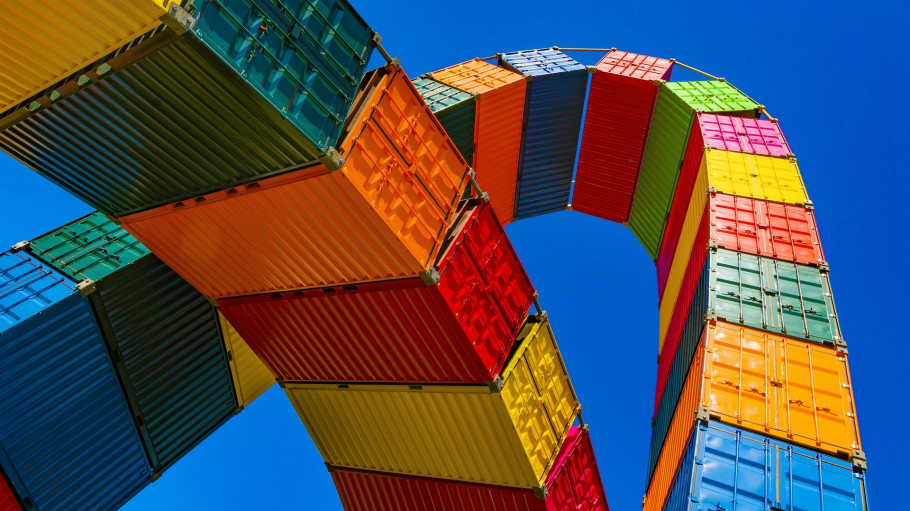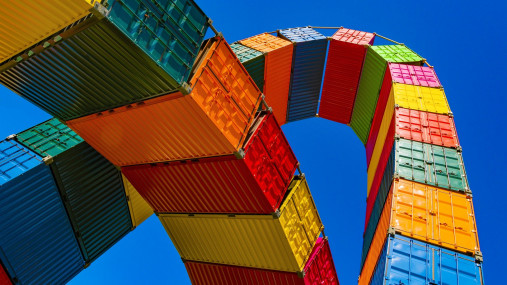

Although the EU public procurement market for goods and services is transparent and open to foreign bidders, there is growing lack of level-playing field in world procurement markets. Third countries are increasingly restricting access to their markets while their companies are winning significant contracts abroad – sometimes on unfair pricing terms or by challenging EU public procurement rules. This poses a threat to growth and employment in the EU, as it represents missed opportunities for exports but also increasingly in the domestic market.
Against this background, AEGIS Europe calls on the European Union to take a strong stance on reciprocity and other reforms needed in the field of public procurement. This is key to support the opening of international procurement markets while guaranteeing an adequate level of protection of the EU public procurement market against non-reciprocal and/or unfair competition.

Download this publication or visit associated links
Joint Industry Statement
Brussels, 11 February 2026 - The European Steel Association (EUROFER) has backed a call to action adopted by European companies and industries in Antwerp today, which includes a demand on the EU to take urgent action to bring electricity prices down as a condition for Europe’s industrial drive, competitiveness and economic resilience.
The automotive value chain is of vital importance to the EU steel industry and requires an integrated approach to realising the decarbonisation transition in a pragmatic way.